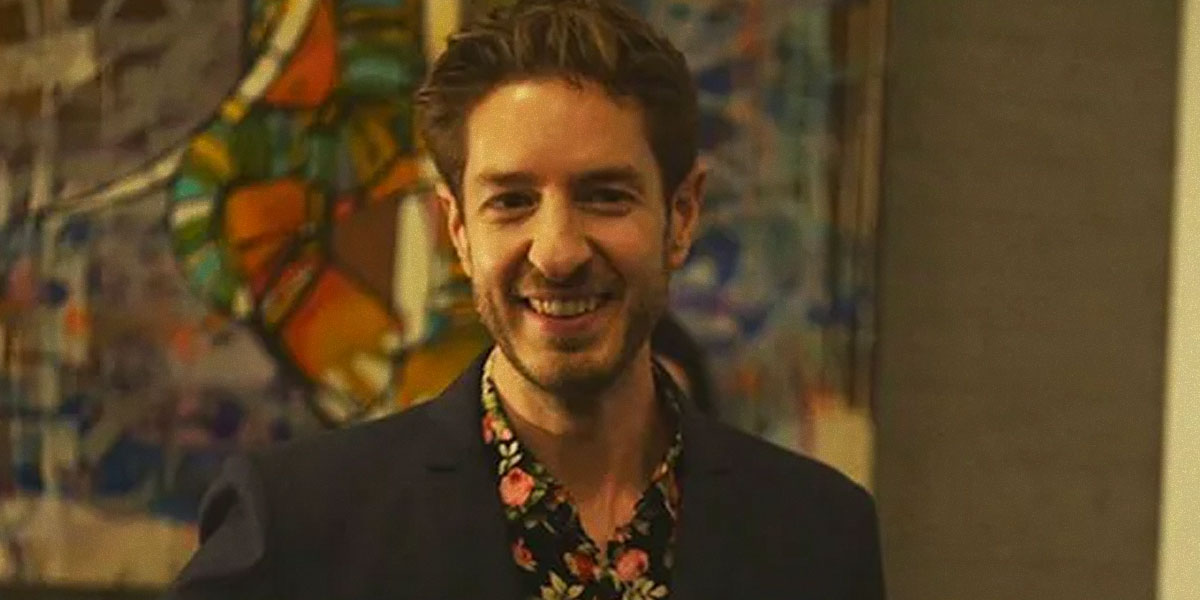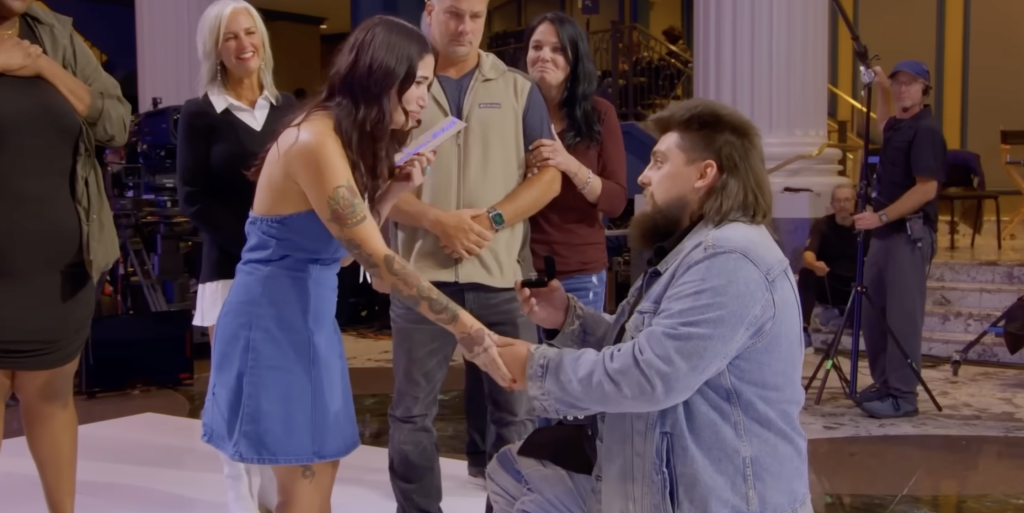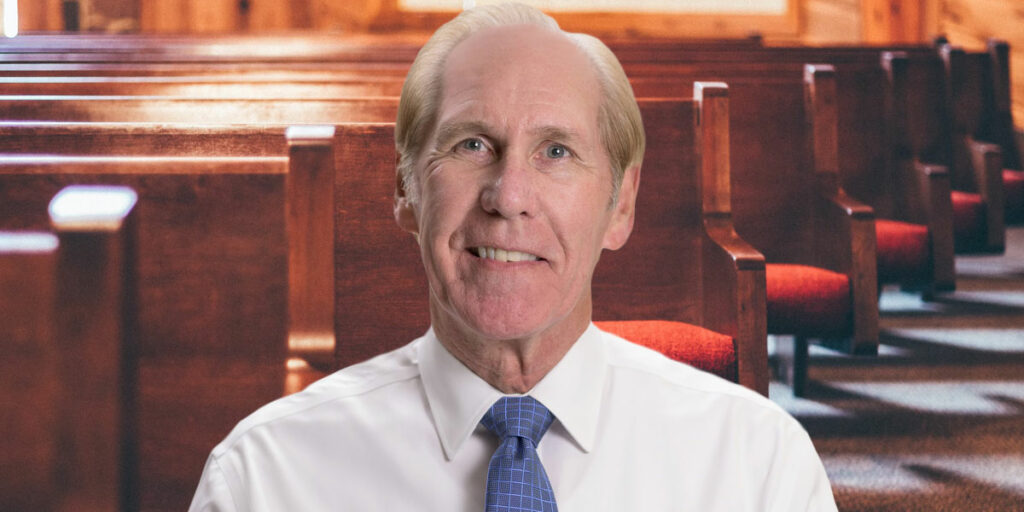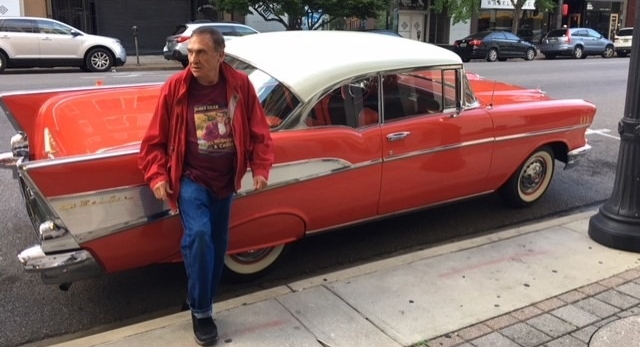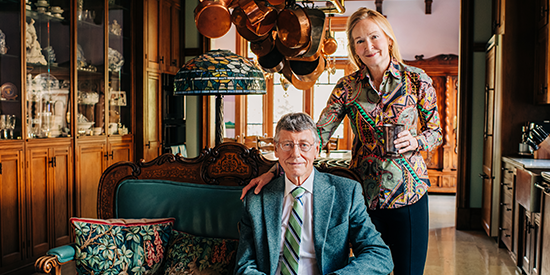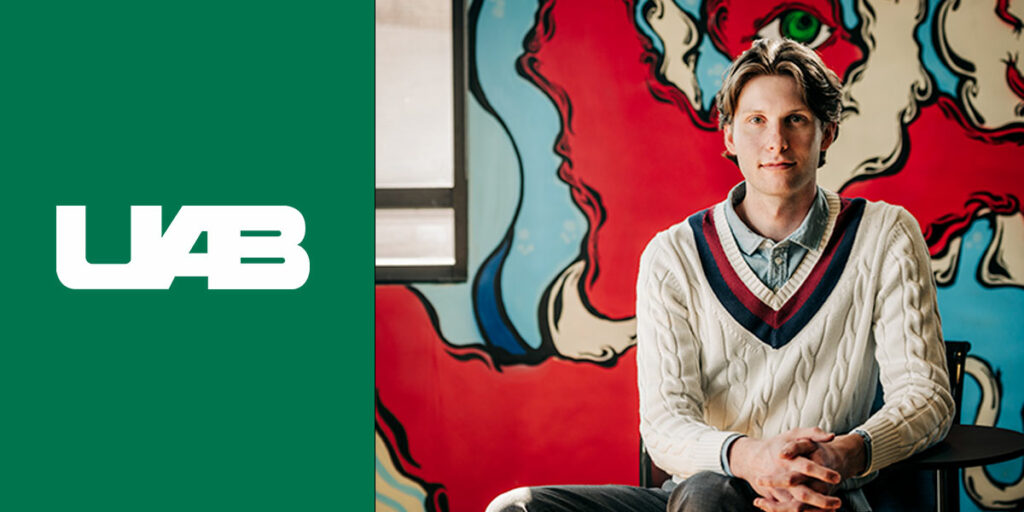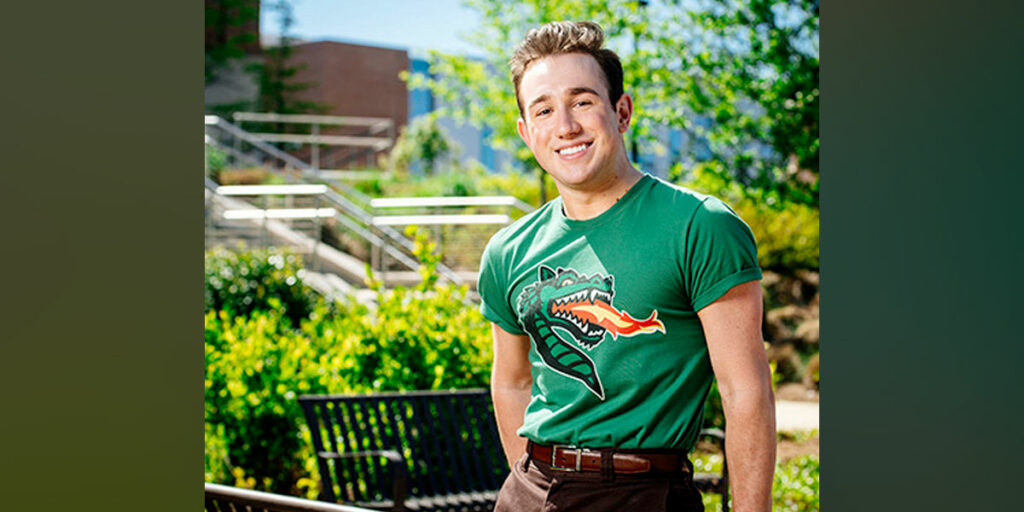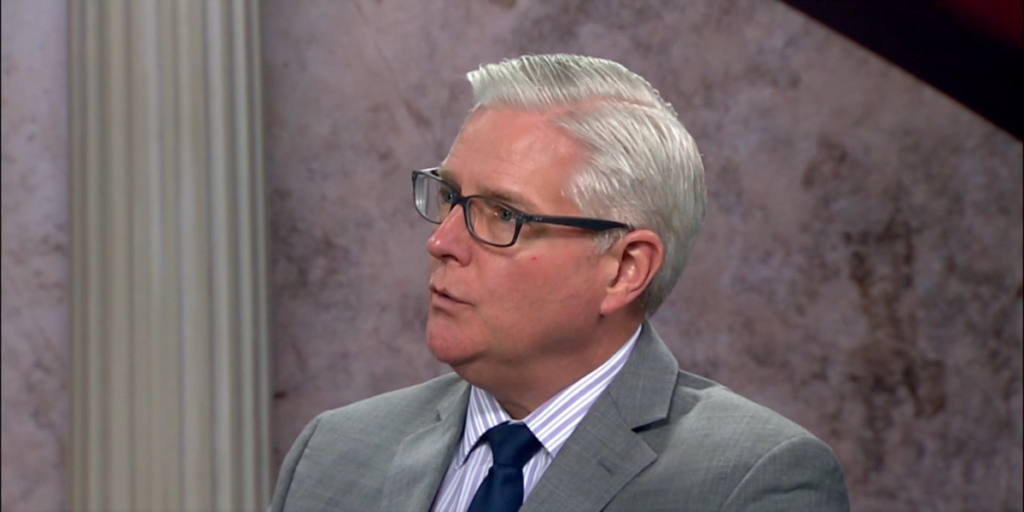In helping to bring HBO’s “The Gilded Age” to life, co-producer Luke Harlan used many of the skills he learned in school — including the experiences gained at the University of Alabama at Birmingham.
A director and producer for TV, film and theater, Harlan is a 2008 graduate of the College of Arts and Sciences’ Department of Theatre, which he credits for broadening his knowledge and reach. He earned a Master of Fine Arts degree in directing from the Yale School of Drama.
Harlan helped to shape the sumptuous new series, set in booming 1882 New York City. His role as part of the producing team of the show — written and created by Julian Fellowes of “Downton Abbey” and “Gosford Park” — depended on where it was in production.
During pre-production, he operated much like a dramaturg, he says, overseeing the production’s research team and working closely with the writers to maintain historical accuracy, plus helping to navigate the 50-plus character storylines going at any time.
It is “a very large undertaking,” he said, “to juggle so many characters and keep their stories moving” over the course of an entire season (and even multiple seasons) and to fill out the show’s world with detail and precision.
During production, Harlan was more hands-on with the directors and actors. He said he was “on set every day, watching closely to be sure that what we are capturing on camera [was] what was intended, as well as coordinating with the many different design and technical departments on world-building.
“During post-production, I get to work with yet many more incredible artists, from editors to sound designers and composers, to visual effects artists, to help guide the episode into its final stages and on to screens,” Harlan said.
Prior to The Gilded Age, Harlan worked on film and TV projects including “The Irishman,” “Joker,” “The Chaperone” and “Saturday Night Live.” He also produced and directed multiple short films, including the award-winning “White Flags,” which was screened at 15 festivals nationwide.
In New York theater, he directed the New York Times’ Critic’s Pick “Honky” by Greg Kalleres and co-wrote and performed in the Times’ Critic’s Pick “home/sick” by The Assembly. He developed new plays at The Public Theater, New York Theater Workshop, Tectonic Theater Project, The New Group, The Kennedy Center, Columbia University and the O’Neill Theater Center, among others projects.
His awards and recognitions include winner of the Opera America Robert Tobin Director-Designer Showcase 2017, member of the T.S. Eliot US/UK Exchange and a Eugene O’Neill Center Directing fellow. At Yale School of Drama he directed more than 15 productions.
“I always look back on my time at UAB as formative for my artistic career,” Harlan said. “The program gave me space to learn so many different skills, from set and lighting design to stage managing, to costume building, just as much as acting and directing.”
It was at UAB that Harlan found his passion for directing. During his time with Theatre UAB, Harlan directed “The Laramie Project” as the first student to direct a mainstage production. He returned in 2017, as an alumnus, to direct “Vinegar Tom.” While still a student, he won the National Society of Stage Directors and Choreographers Directing Award at the national Kennedy Center American College Theater Festival in Washington, D.C. “That is a testament to my teachers who believed in me and encouraged me to always go farther and dream bigger,” he said.
Harlan recommended that people working toward a career in theater, or the arts, should vary their studies.
“I would encourage students, no matter what their particular pursuit is, to branch out and learn other skills that interest them,” Harlan said. “Because, as I have learned very well, you never know where life will take you. Stay open, be kind, and follow your passion.”
This story originally appeared on the UAB News website.
(Courtesy of Alabama NewsCenter)




